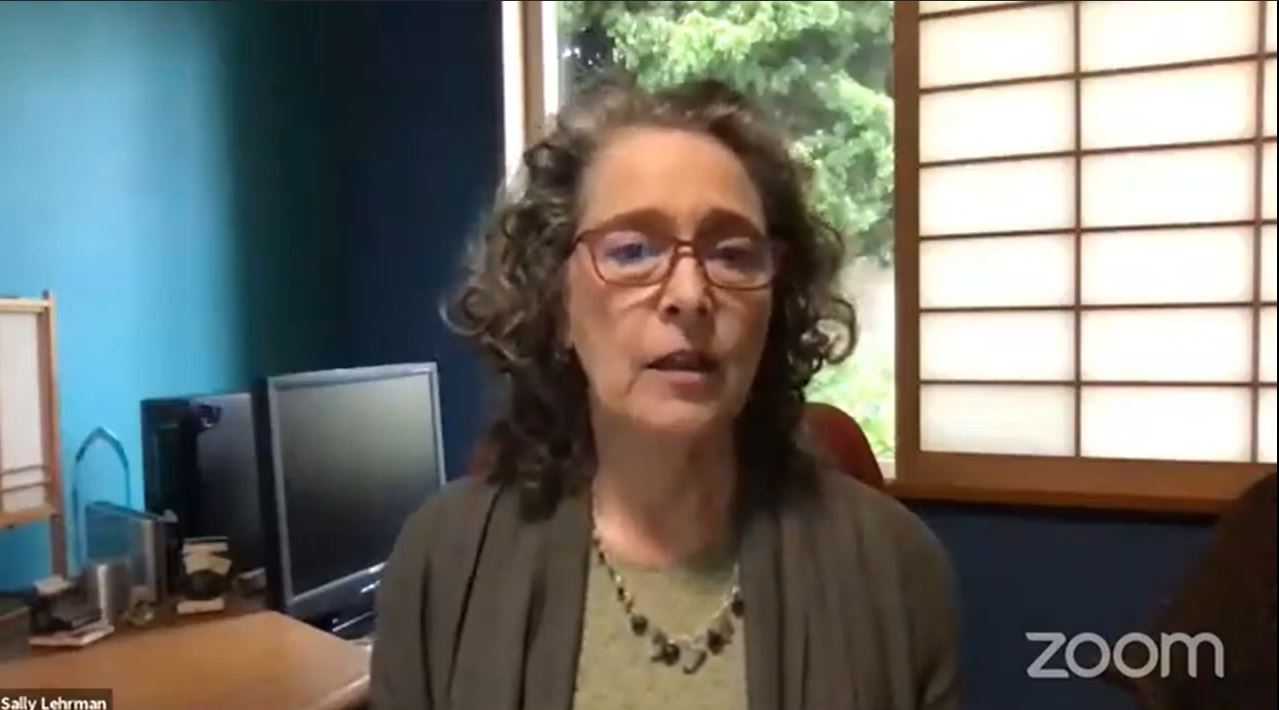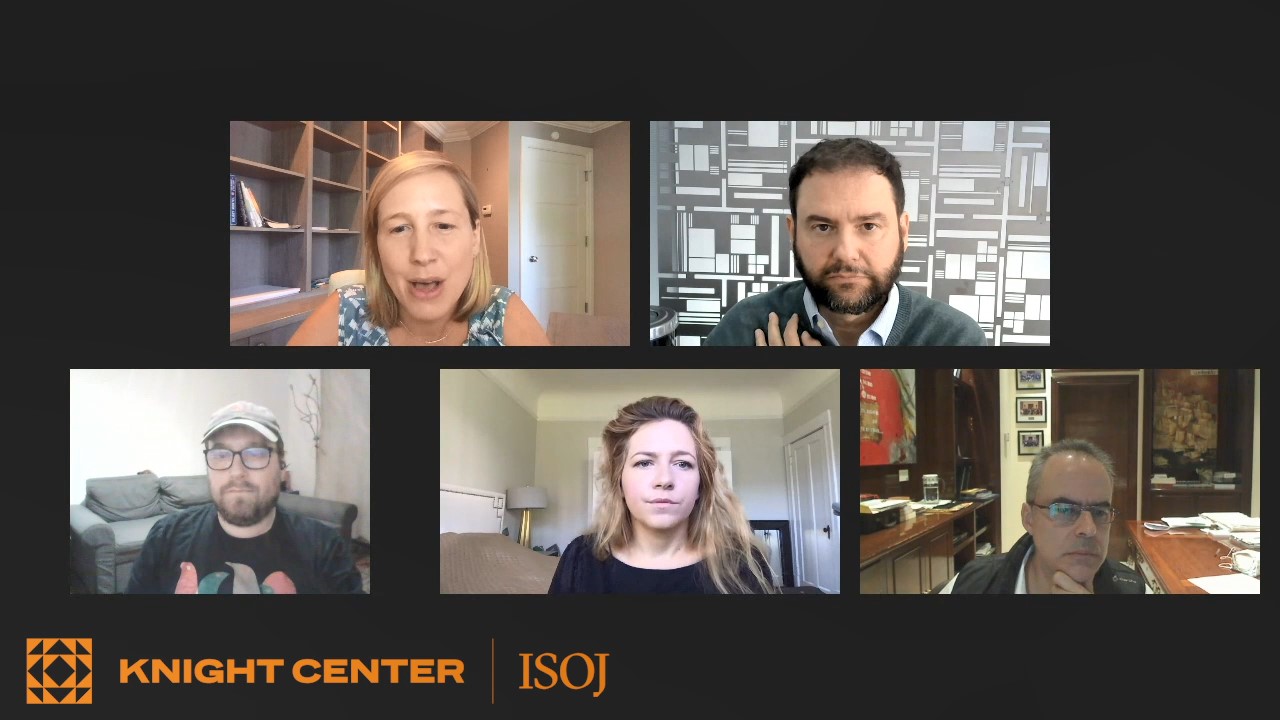
“Solutions journalism is just straight reporting. It's covering the news. Solutions journalism allows you to tell the whole story, the complete story which we are leaving out. Solutions journalism helps to increase trust,” said Tina Rosenberg.

"When media outlets treat women politicians as women first and politicians second, they are feeding into an already sexist culture where many voters believe that men make better politicians than women," said Dustin Harp

News organizations can take steps, like hiring a more diverse staff and being more transparent, to build trust between the newsroom and their audience.

All the president’s attacks: Coping with governments that weaponize social media and campaign against independent media

Zamora and Ramshaw spoke about how the outlet, which will be launched in Summer 2020, will address the disparities and discrepancies women face and how they are disproportionately affected by certain issues

The tricky part of the traditional fact-checking model is the speed in which fake news can reach hundreds of thousands of people, said Talia Stroud, director of the Center for Media Engagement of UT at Austin.

TikTok is a social media hotbed for communities, culture, creativity, and disinformation, making it an invaluable tool for journalists, said Laura Garcia, the training and support manager at First Draft.

Working from home, said Catherine Kim, has helped her and her team optimize their workflow and process. Their communication has also improved, sharpening the focus at meetings, and adding a new level of transparency.

Machine learning can help journalists enhance their workflow and find stories that may have been missed otherwise, said Google News Lab teaching fellow Michael Grant during a brunch workshop at ISOJ.

There’s no single model for local news organizations to survive, so they must spend some of their efforts experimenting editorially and financially to find a balance that is most unique for each organization, according to the panelists of the session “The New Local News: Reinventing sustainable models to make local journalism survive and thrive in the digital ecosystem,” during the International Symposium on Online Journalism (ISOJ).